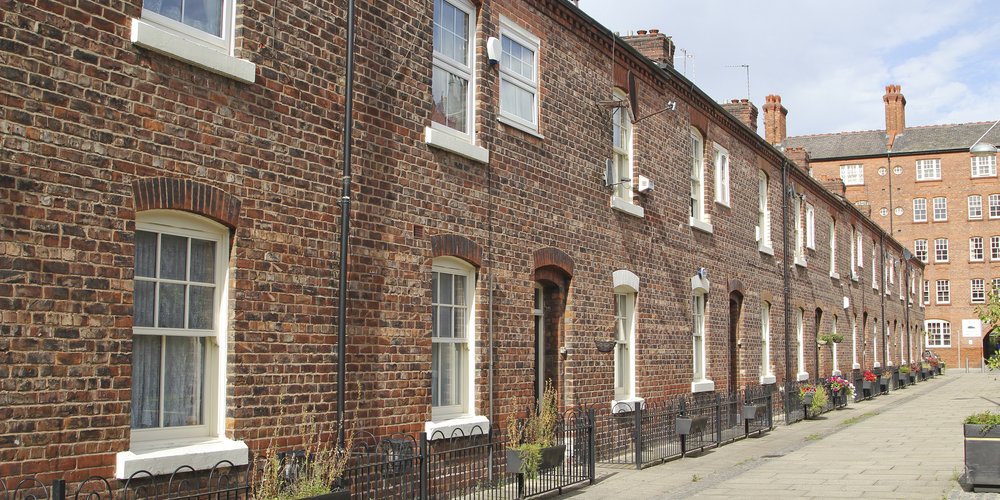Those cities are expected to close the gap with London, which has seen prices increase by 86% since 2009.

House prices in Edinburgh, Birmingham and Manchester will increase by between 20% and 30% in the next four years, Hometrack’s UK Cities House Price Index has predicted.
Those cities are expected to close the gap with London, which has seen prices increase by 86% since 2009.
Currently Edinburgh (7.7%), Birmingham (7.3%) and Manchester (6.7%) lead the way on house price growth.
Richard Donnell, insight director at Hometrack, said: “We expect to see average house prices rise by 20% to 30% in cities like Edinburgh, Birmingham and Manchester in the next three to four years.
“The income to buy a home in regional cities is well below the London average so in the near term we expect to see rising house prices stimulating additional buying and market activity in those areas.
“House prices have some way to increase before there is a material constraint on demand. This assumes mortgage rates remain low by historic standards and the economy to continue to grow.”
Overall UK city house price inflation is currently running at 5%, up from 4% a year ago.
Jeremy Duncombe, director of Legal & General Mortgage Club, said: “The year has started with year-on-year house prices rising at much more sustainable levels – certainly good news for first-time buyers.
“However, there is still a clear North/South divide in terms of affordability. Although weak house price growth in London is counteracting the strong growth of the Northern Powerhouses, buying in the capital is still considered out of reach by many.”
Russell Quirk, founder and chief executive of Emoov.co.uk, said: "Despite the Beast from the East bringing a cold snap weather-wise, demand for city living and resulting house price growth continues to thaw as the discounts required in asking price to secure a salecloses further.
“The UK remains a vast and varied landscape in terms of the property market and it is interesting to see how this also relates to the recovery time of each city since the end of the downfall in 2009.
“We've seen a modern-day tortoise and the hare tale as those cities, like London, that saw a rapid return in property prices in the more immediate aftermath of the market crash, are now paying the price in slower market conditions.
“At the same time, those larger regional cities that have required a much longer recovery period are now pulling away where price growth is concerned and have become a much more attractive proposition for buyers."



